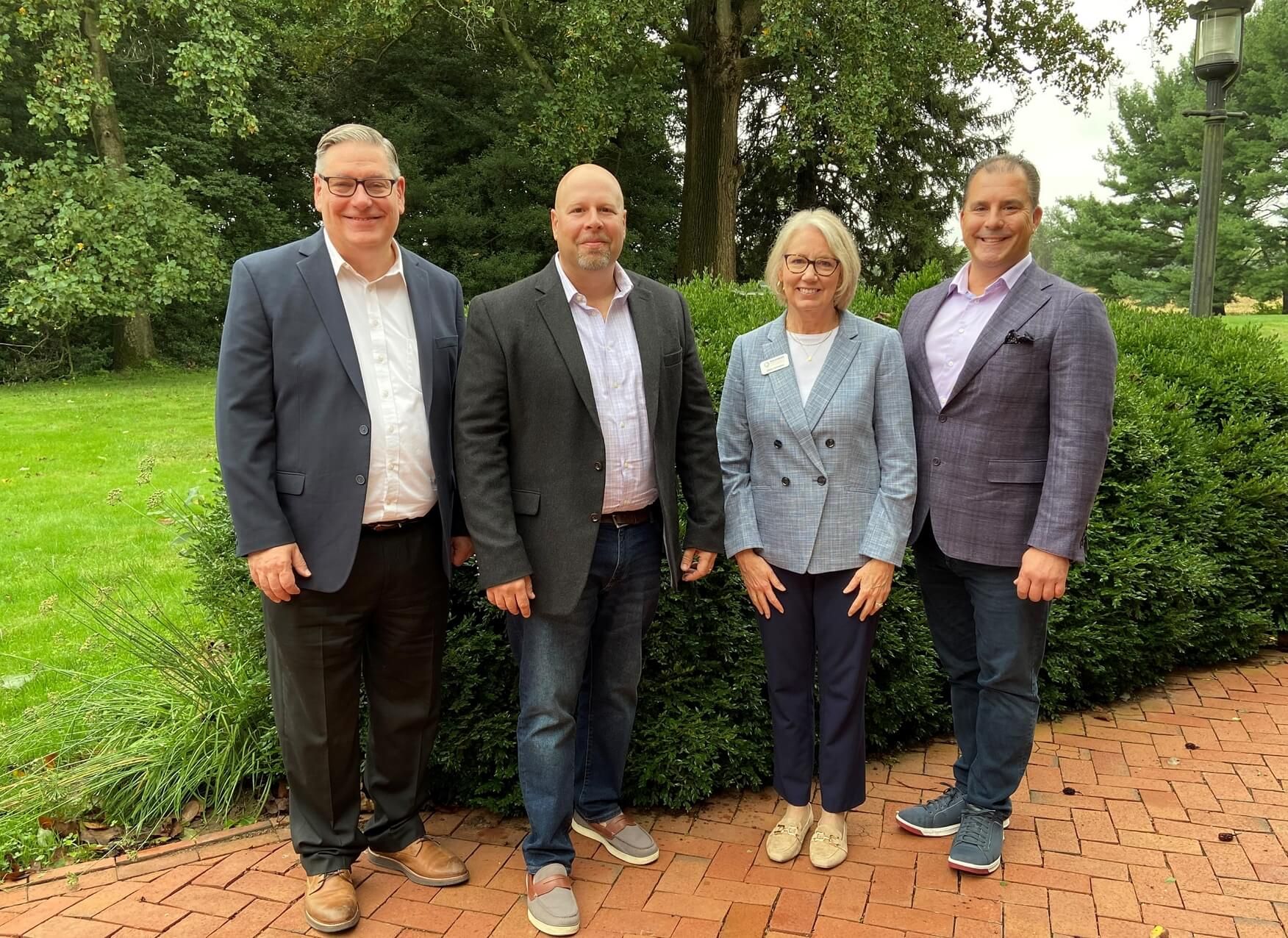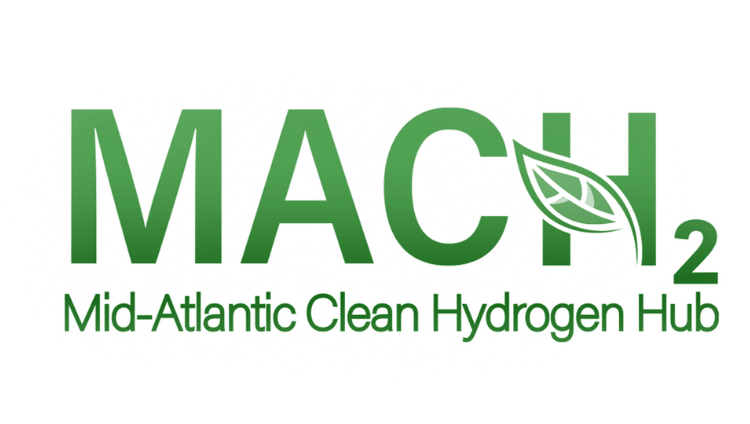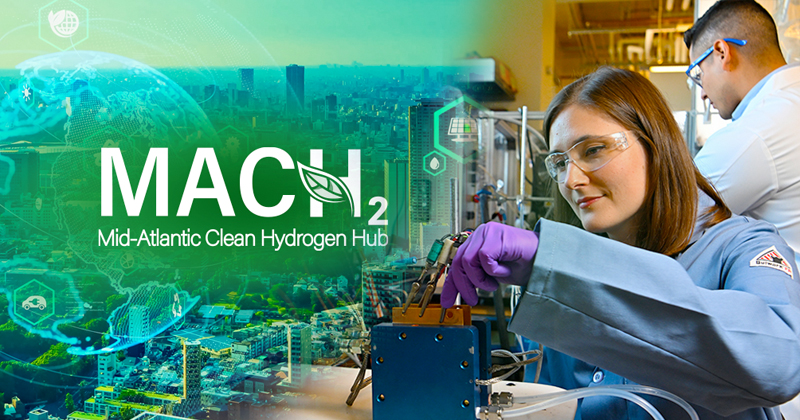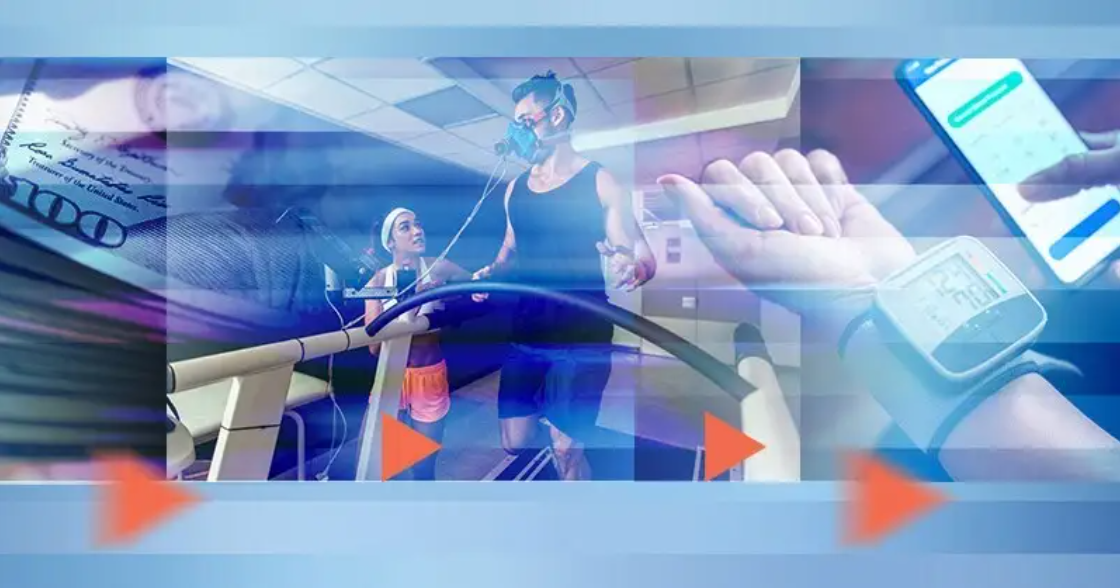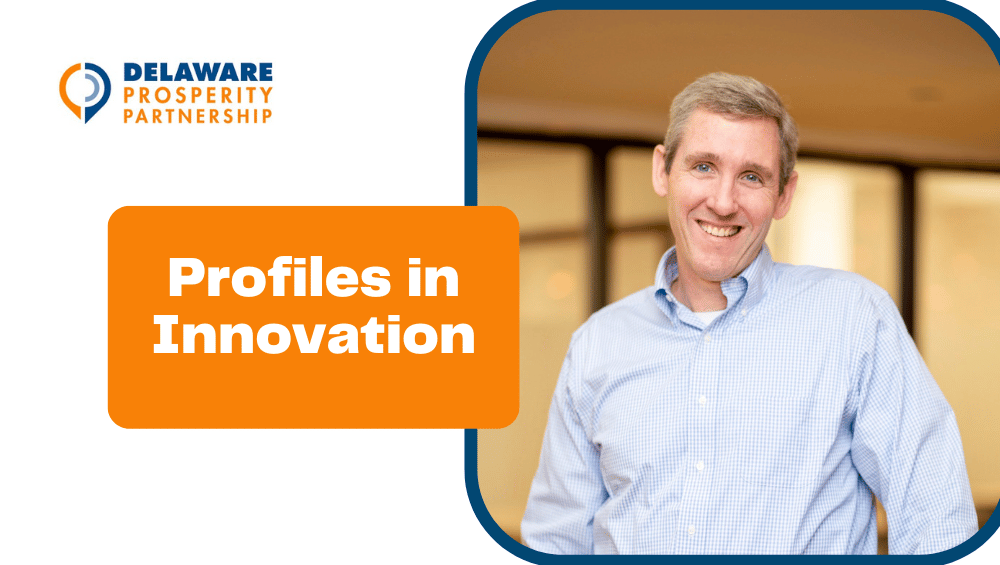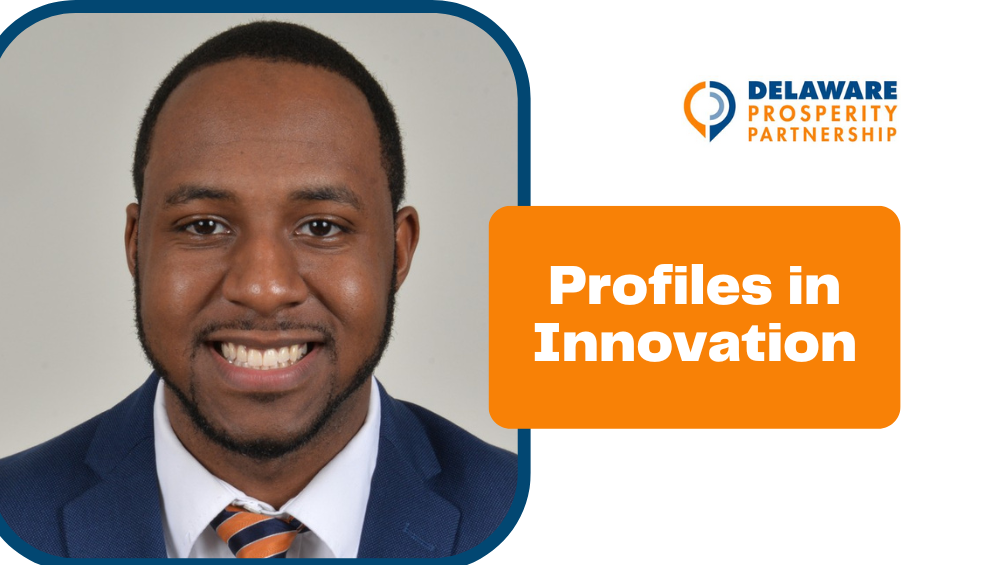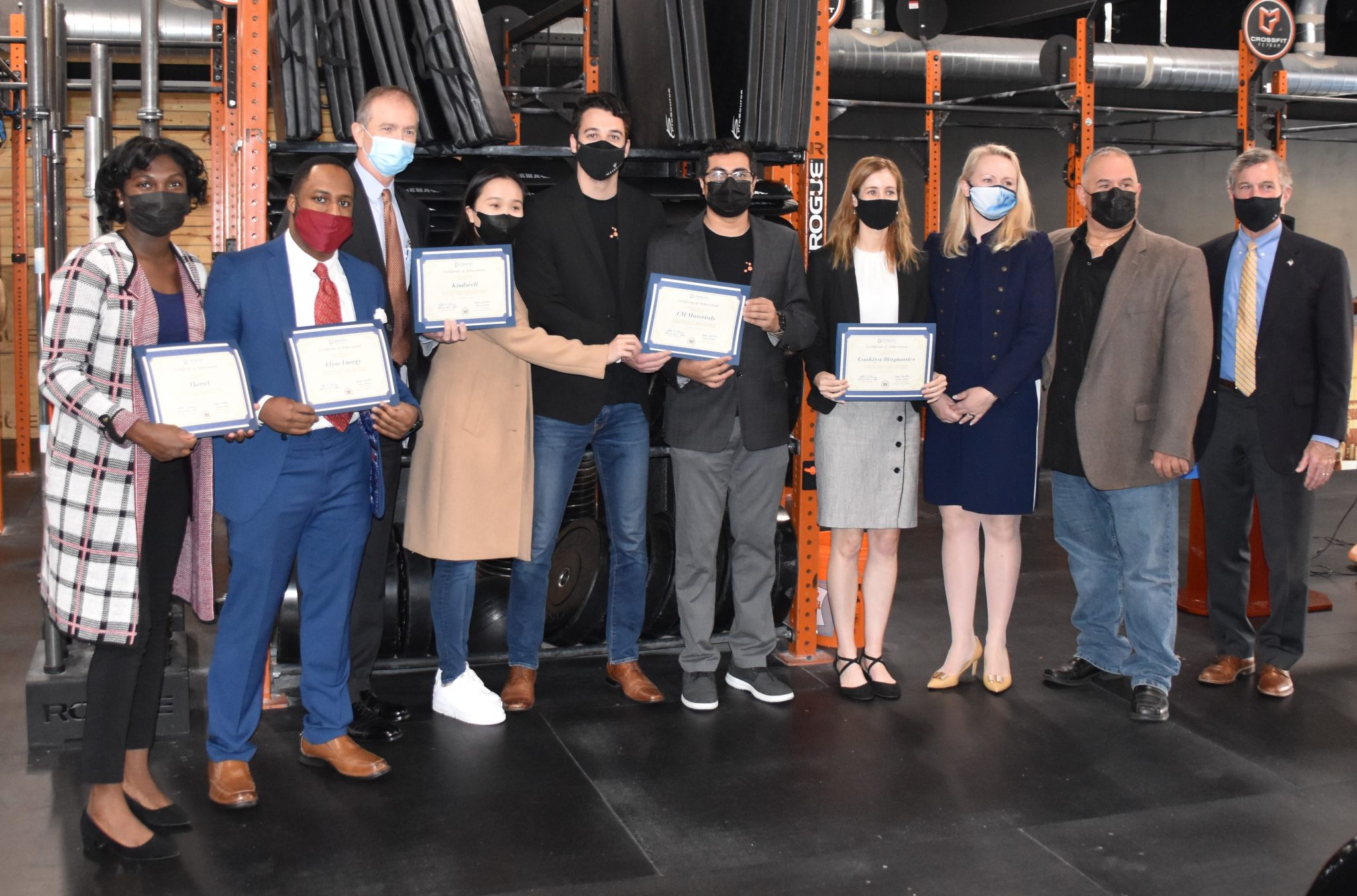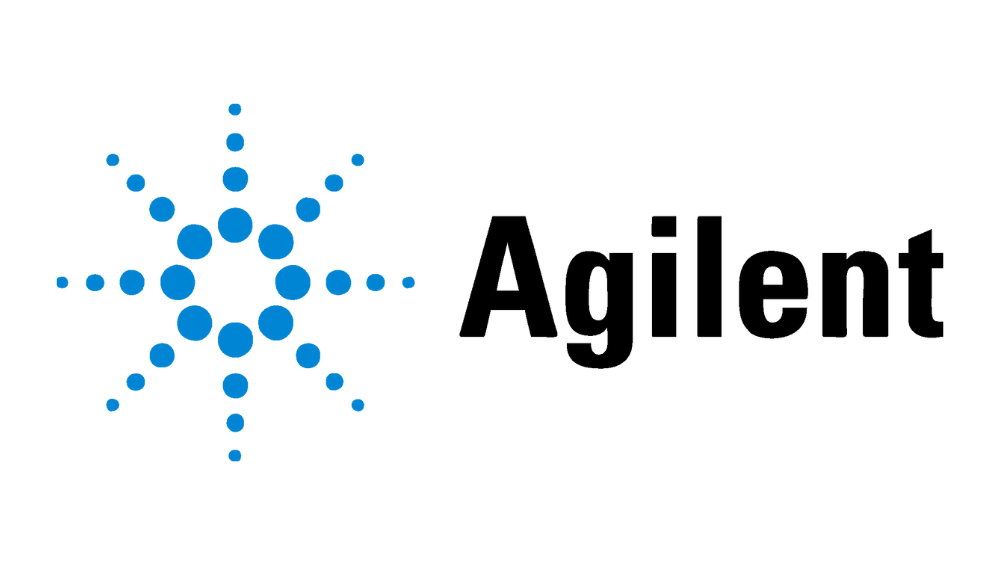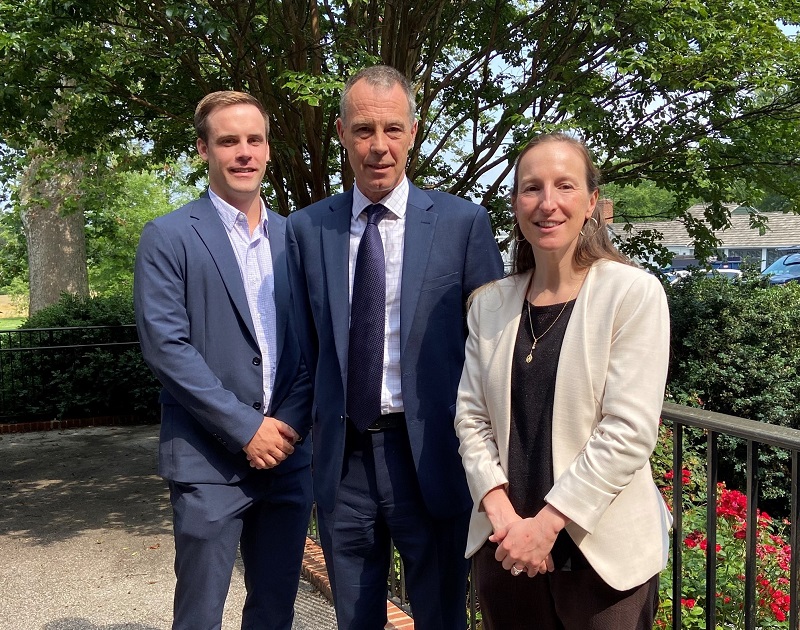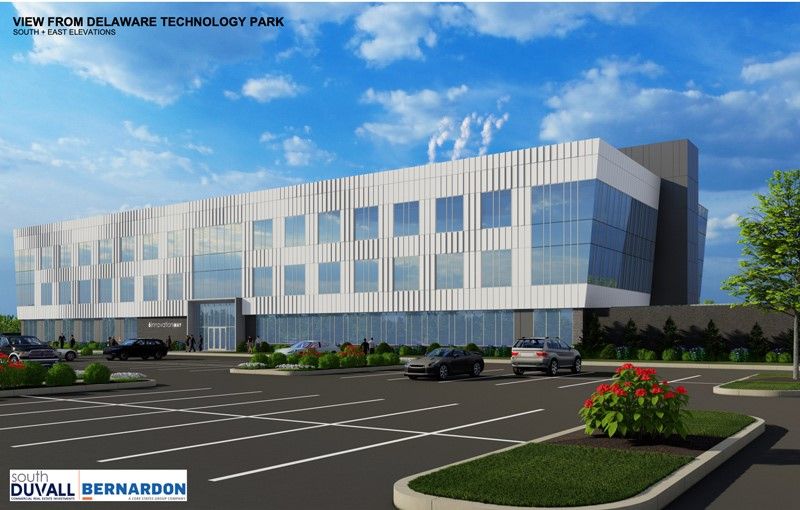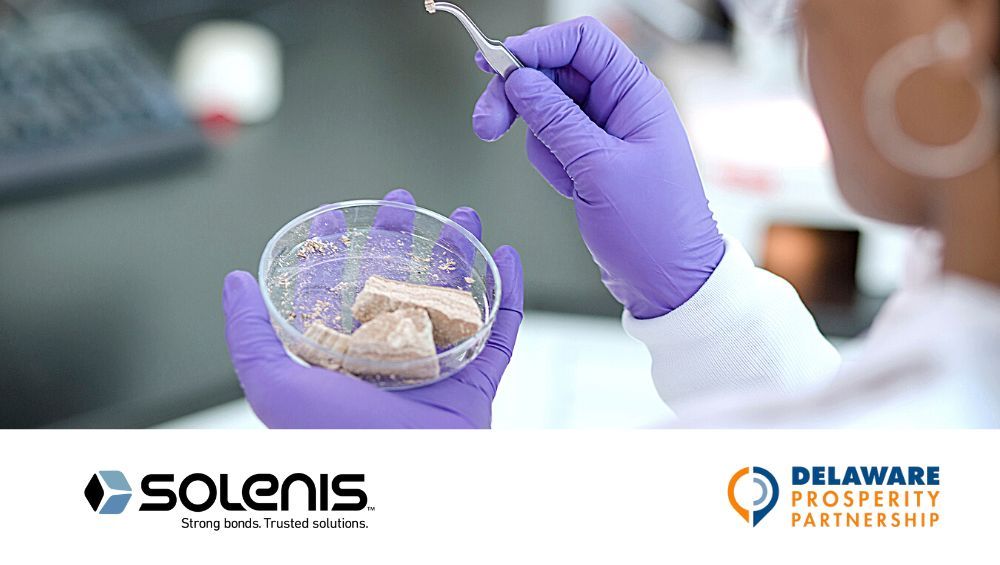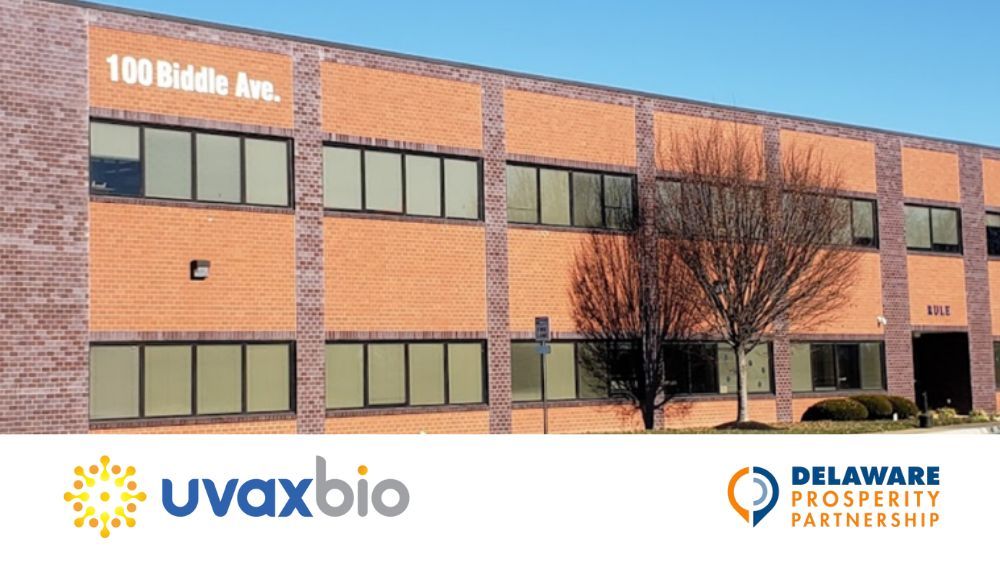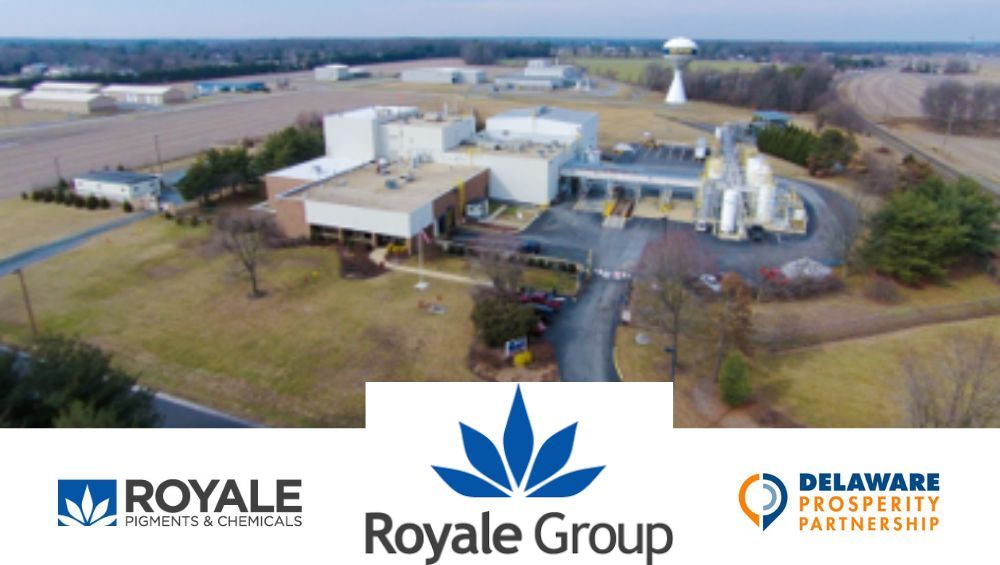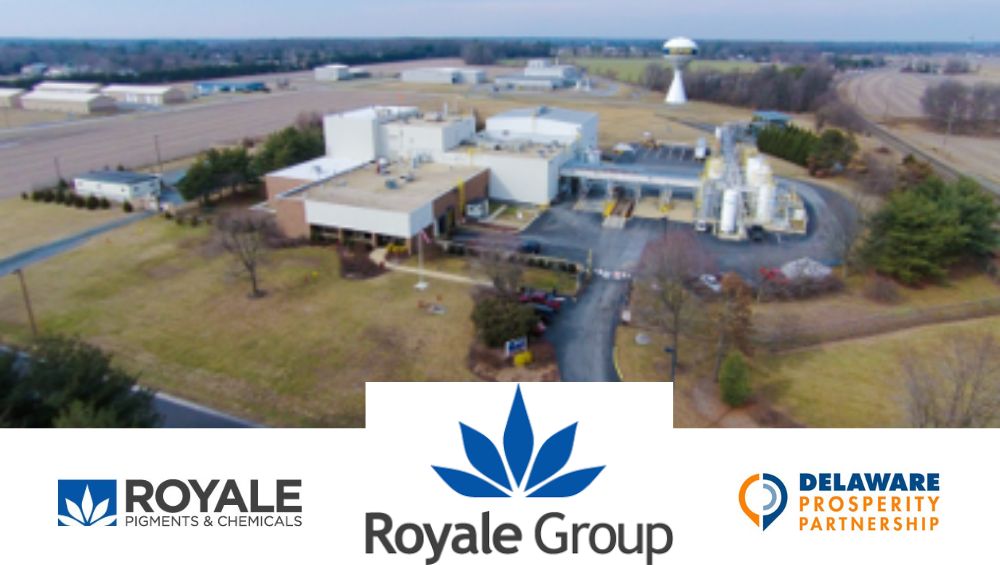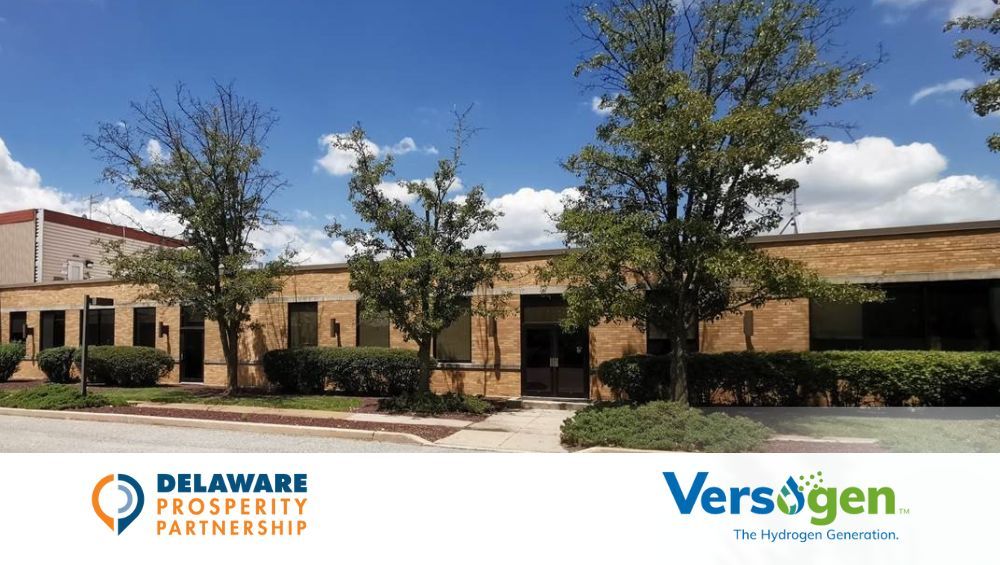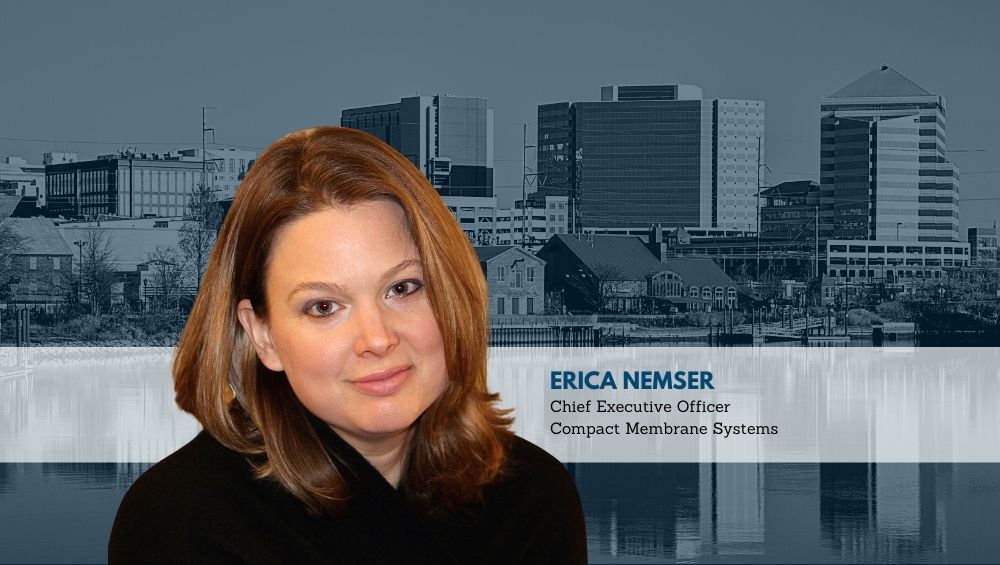Evernorth Will Grow Accredo In Delaware
Evernorth Health Services to Expand Operations in Delaware with New 200,000-Square-Foot Specialty Pharmacy and Distribution Facility
WILMINGTON, Del. – Evernorth Health Services, The Cigna Group’s health services business, has chosen Newark, Delaware, as the location of a new approximately 200,000-square-foot specialty pharmacy and distribution facility. Within the facility, Accredo, Evernorth’s specialty pharmacy, will dispense lifesaving medications to patients across the Northeast. Additionally, Evernorth intends for its specialty pharmaceutical distributor, CuraScript SD, to operate from the facility alongside Accredo and distribute specialty medications to health care providers who treat rare and complex conditions.
The Newark, Delaware, facility will expand and replace Accredo’s existing location in New Castle, Delaware, which it has operated since 2007. The facility will be staffed by nearly 90 existing Delaware employees consisting of pharmacists, pharmacy technicians, warehouse associates, operations staff and more. Evernorth anticipates more than doubling the number of Delaware employees at the Newark facility over the next several years. These employees are dedicated to supporting patients diagnosed with some of the most rare and complex conditions known today, as well as providers who help treat these patients.
“Delaware is a health care hub for the Mid-Atlantic region. That’s one of the reasons Evernorth chose Delaware to grow their existing specialty pharmacy services and fulfillment facility,” said Governor John Carney. “We are pleased Evernorth plans to make a significant investment in the First State to expand their operations, which will enable the company to retain and add jobs over the next several years.”
“Congratulations to Accredo on their expansion in New Castle County,” said New Castle County Executive Matt Meyer. “Increasing job opportunities here in the first county in the First State is important to continue to make our state a great place to live, work and raise a family.”
Delaware Prosperity Partnership supported Evernorth’s request to Delaware’s Council on Development Finance for a Jobs Retention Grant, a Jobs Performance Grant, a Capital Expenditure Grant and a matching Training Grant.
“This new facility will help us meet the growing demand and need for specialty medications, which have risen by 280% over the past two decades,” said Matt Perlberg, President, Pharmacy, Evernorth Health Services. “Evernorth is a leader in specialty pharmacy, dispensing millions of medications to patients and providers every year. As more complex medications come to market in the years ahead, our expanding location in Delaware will enable us to more efficiently and effectively distribute these lifesaving medications to individuals throughout the country, particularly in the Northeast.”
“Delaware has been home to one of our Accredo specialty pharmacy facilities for many years, and we look forward to deepening and expanding our ties in the community as we develop our new location,” said Perlberg.
Created in 2017, Delaware Prosperity Partnership (choosedelaware.com) is the nonprofit public/private organization that leads Delaware’s statewide economic development efforts to attract, grow and retain businesses; build a stronger entrepreneurial and innovation ecosystem; and support private employers in identifying, recruiting and developing talent.
Evernorth Health Services creates pharmacy, care and benefits solutions to improve health and increase vitality. We relentlessly innovate to make the prediction, prevention and treatment of illness and disease more accessible to millions of people. Evernorth capabilities are powered by our businesses, including Express Scripts, Express Scripts® Pharmacy, Accredo, CuraScript SD, eviCore and MDLIVE, along with holistic Evernorth platforms and solutions that move people and organizations forward. All Evernorth solutions are serviced and provided by or through operating affiliates of Evernorth Health, a wholly owned subsidiary of The Cigna Group (NYSE: CI), or third-party partners. Learn more at evernorth.com.
Newsletter Sign Up
Stay Up To Date With Delaware
